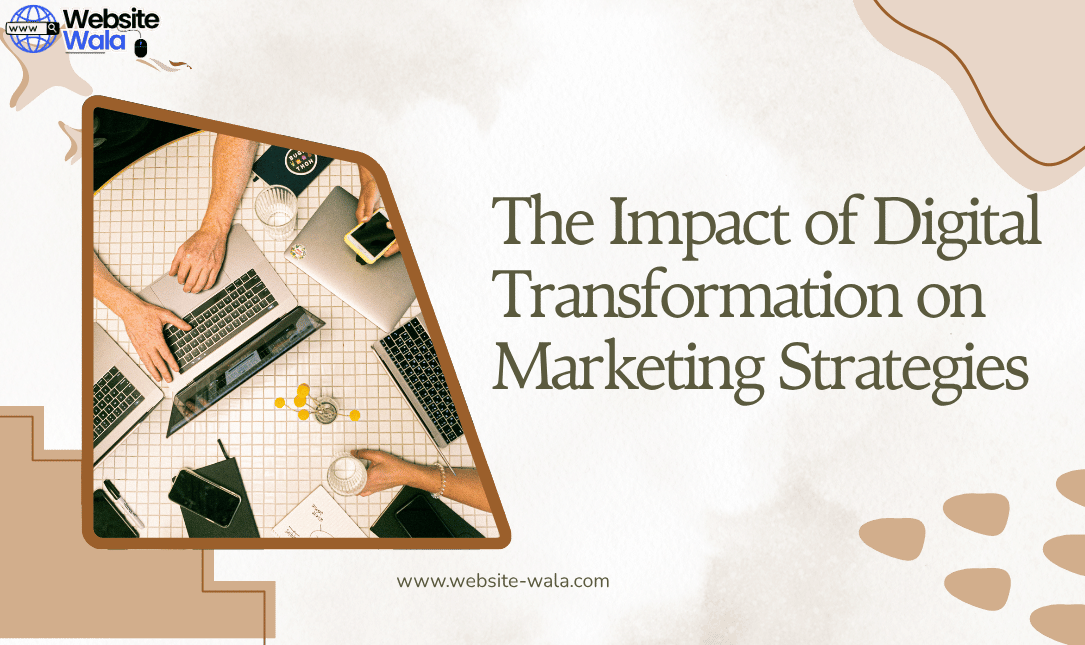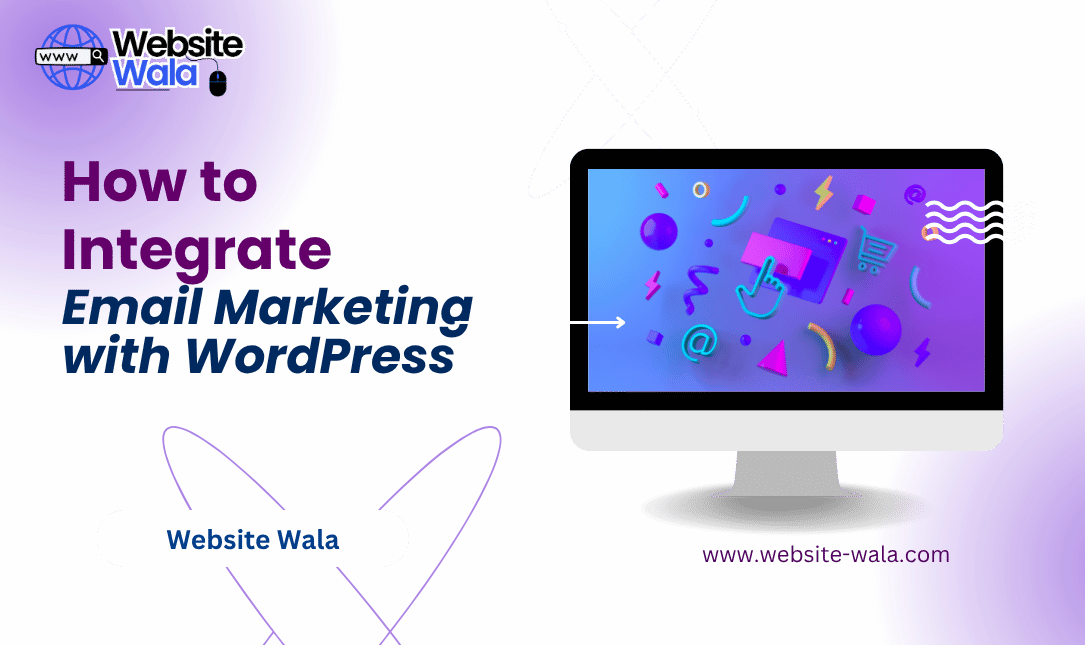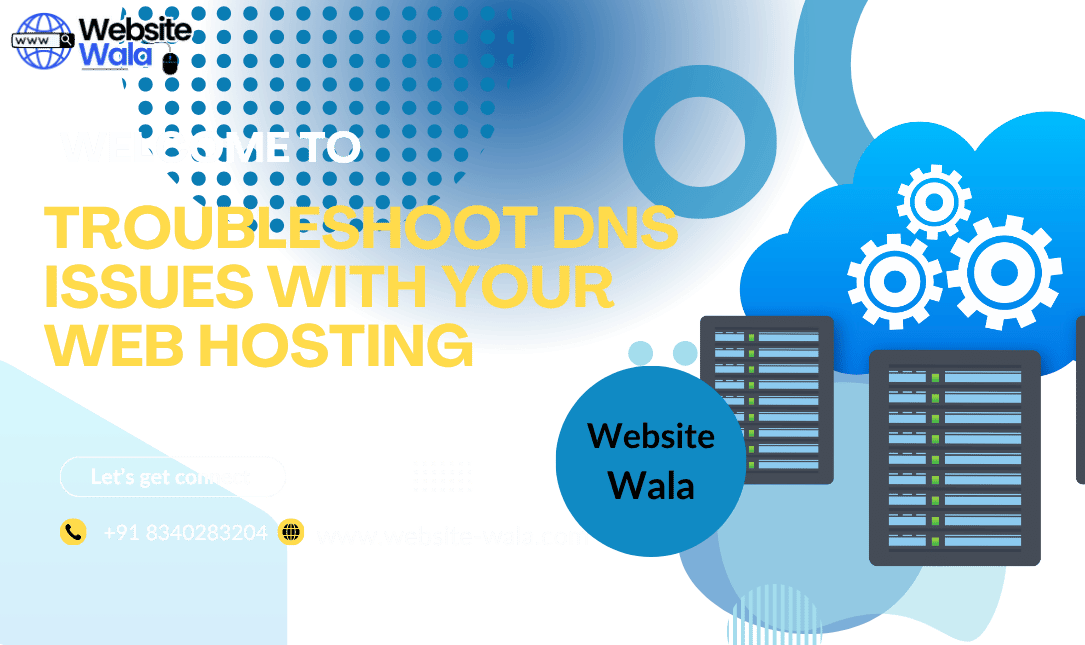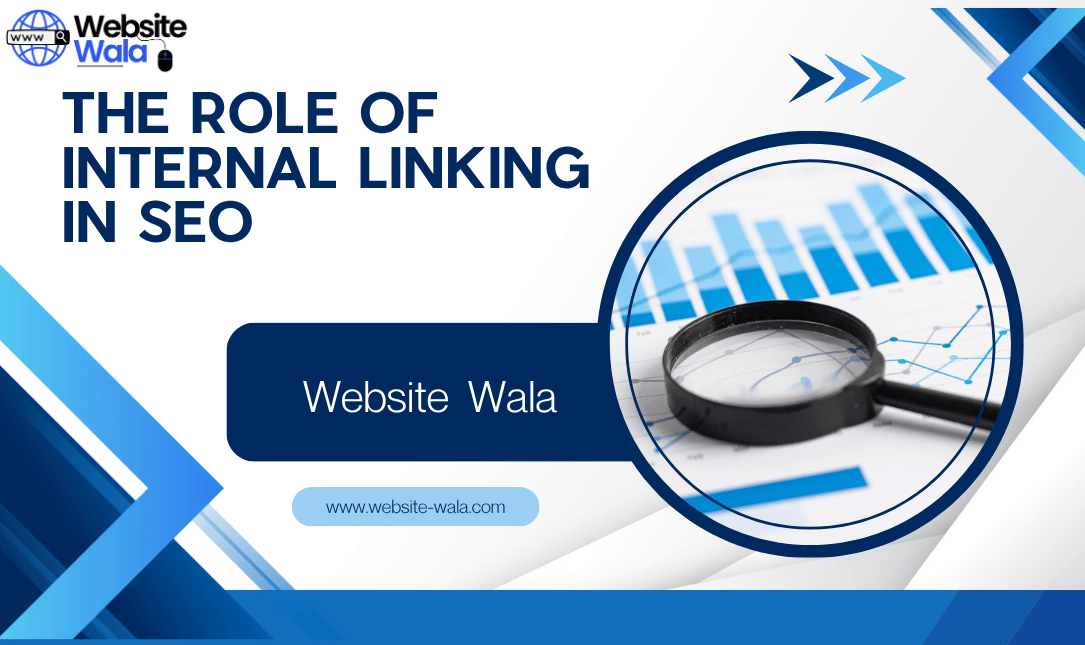
Explore The Impact of Digital Transformation on Marketing Strategies and how technology reshapes customer engagement and online presence.
Introduction
In today’s rapidly evolving digital landscape, businesses must adapt to survive and thrive. The Impact of Digital Transformation on Marketing Strategies has been profound, reshaping how companies engage with customers, position their brands, and leverage technology to drive growth. Digital transformation is not merely a technological shift—it fundamentally alters the core of marketing strategies, creating new opportunities for personalization, efficiency, and measurable results.
Understanding Digital Transformation in Marketing
Digital transformation refers to integrating advanced technology into all business areas, leading to significant changes in operations and customer interactions. In marketing, this transformation influences every stage of the customer journey, from discovery to purchase. Businesses that embrace digital transformation can optimize marketing strategies, enhance customer experience, and strengthen their online presence.
One critical aspect of this transformation is the use of data analytics. By analyzing consumer behavior, preferences, and interactions, businesses can create more relevant and personalized content that resonates with their target audience. This analytical approach allows marketers to make informed decisions, improve campaign performance, and drive higher customer engagement.
How Digital Transformation Shapes Marketing Strategies
The Impact of Digital Transformation on Marketing Strategies is most evident in the shift toward integrated, technology-driven marketing campaigns. Traditional methods, such as print advertising and direct mail, are increasingly supplemented—or replaced—by digital marketing techniques like social media marketing, SEO, and online advertising.
Digital transformation enables marketing teams to:
-
Automate Processes: Automation tools streamline repetitive tasks such as email campaigns, social media scheduling, and lead nurturing. This allows marketers to focus on strategy and creativity rather than manual work.
-
Enhance Personalization: Through advanced data analytics, brands can deliver personalized content based on customer preferences, location, and behavior. Personalized marketing increases engagement, loyalty, and conversion rates.
-
Improve Customer Insights: Digital transformation provides deeper insights into customer behavior and trends. Understanding these insights helps businesses optimize marketing strategies and improve brand positioning.
-
Boost Multi-Channel Engagement: Companies can seamlessly integrate multiple touchpoints, including websites, apps, social media, and e-commerce platforms, creating a unified and consistent customer experience.
Leveraging Technology for Enhanced Marketing
The role of technology in marketing cannot be overstated. Tools such as artificial intelligence (AI), machine learning, and data analytics platforms empower marketers to make data-driven decisions. AI-powered chatbots, for example, enhance customer engagement by providing instant support, while predictive analytics can forecast buying behavior and optimize campaigns for maximum ROI.
Moreover, digital transformation facilitates online advertising strategies that are more targeted and cost-effective. Marketers can reach specific audience segments through programmatic ads, retargeting campaigns, and precise demographic targeting. These technological advances allow businesses to achieve greater efficiency while maintaining a strong online presence.
Social Media Marketing and SEO in the Digital Era
Social media marketing has become a cornerstone of modern marketing strategies. Platforms like Facebook, Instagram, LinkedIn, and TikTok allow brands to connect with customers in real-time, fostering meaningful interactions and community building. Digital transformation enhances social media strategies by enabling data-driven content creation and performance tracking.
Similarly, SEO remains a critical component of digital marketing in the digital landscape. Optimizing websites for search engines increases visibility, drives organic traffic, and strengthens brand authority. The combination of SEO and content marketing, supported by digital tools, ensures businesses remain competitive in a crowded online marketplace.
Personalization and Customer Experience
One of the most significant outcomes of digital transformation is the ability to provide a superior customer experience. Through personalized content, targeted campaigns, and automated communications, businesses can anticipate customer needs and respond proactively. This focus on personalization strengthens brand loyalty, encourages repeat purchases, and enhances overall customer engagement.
Additionally, a seamless e-commerce experience is now a key differentiator. From intuitive website navigation to mobile-friendly design and secure payment options, digital transformation ensures that every aspect of the buying journey is optimized for customer satisfaction.
Measuring the Impact: Analytics and Automation
Data analytics and automation are essential to understanding The Impact of Digital Transformation on Marketing Strategies. Analytics provide insights into campaign performance, customer behavior, and ROI, allowing marketers to refine strategies continuously. Automation reduces human error, increases operational efficiency, and ensures timely communication with customers.
By integrating analytics and automation, businesses can implement adaptive marketing strategies that respond dynamically to market trends and customer preferences, solidifying their brand positioning in the competitive digital landscape.
Challenges and Opportunities
While the benefits of digital transformation are clear, businesses must navigate certain challenges. These include ensuring data privacy, integrating new technologies with legacy systems, and maintaining consistency across multiple channels.
However, the opportunities outweigh the obstacles. Companies that embrace digital transformation can innovate faster, engage customers more effectively, and create measurable growth. Businesses that fail to adapt risk losing relevance in an increasingly digital marketplace.
Conclusion
The Impact of Digital Transformation on Marketing Strategies is undeniable. By leveraging technology, data analytics, automation, and personalized content, businesses can revolutionize their marketing approaches, improve customer experience, and maintain a strong online presence.
From social media marketing to SEO, e-commerce, and online advertising, digital transformation reshapes every aspect of marketing, offering unprecedented opportunities for growth and brand development. Businesses that embrace this change are not only able to survive in the modern digital landscape but thrive by creating meaningful connections with their audience and achieving measurable results.
The future of marketing lies in adaptability, innovation, and a commitment to understanding the evolving needs of customers through technology-driven strategies. The Impact of Digital Transformation on Marketing Strategies ensures that companies remain competitive, relevant, and positioned for long-term success.























